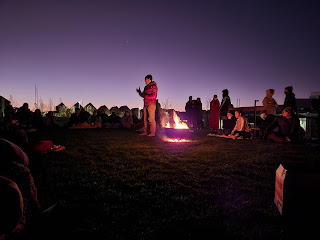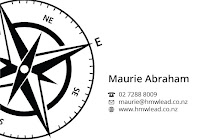I have been delving more deeply into the work of Modern Learners, Centre for Educational Research and Innovation (OECD), Michael Fullan and Chris Leadbetter and their work with the Centre for Strategic Education, Valerie Hannon and her work with the Innovation Unit and Russell Bishop's Teaching/Leading to the North-east which I mentioned in my previous post. I am doing this to attempt to distill the key principles relevant for schooling and learning design that are reflected in their work.
A couple of things have happened.
The first is Agency By Design (Derek Wenmouth et al) has been released and I've taken advantage of the free download. I've skimmed through it once and will soon digest it more thoroughly , but it looks to me as if they have done a great job in distilling those key principles, explaining them clearly and providing a framework for schools and their leaders to use to bring those principles to life. I'm still going to complete my own analysis as described above and take that lens to a deeper dive into their work.
The second is the discovery of a few quotes in the work of those mentioned above which really resonate with me and which capture the lens through which I believe I have operated as a school leader in the past and through which I approach the work I am doing now. Here they are:
- "Modern learners' newfound ability to take full control of their learning is THE educational shift of our times." (Modern Learners)
- "Cannot separate wellbeing and learning." (Fullan)
- "The power of the relationships will always dwarf all other pedagogical strategies." (From an OECD source I can't find, so any help greatly appreciated!)
I also was drawn to the point of difference described in Modern Learners' 10 Principles For Schools of Modern Learning between Efficient Schools and Effective Schools.Efficient schools are those that prize knowing over the ability to learn while effective schools focus on developing students as learners. Their document references Peter Drucker who reminds us that, "There is a difference between doing things right and doing the right thing." Drucker's colleague, Russell Ackoff goes on to add, "Doing things right is efficiency. Doing the right thing is effectiveness."
If we accept the quote above, "Modern learners' newfound ability to take full control of their learning is THE educational shift of our times." (Modern Learners) and think about the difference between efficiency and effectiveness then we must ask ourselves if doing things right in the traditional school environment, while may be being efficient, is the right thing to do. I would argue that many of the practices that keep our schools efficient (streaming, learning in subject silos, paradigm of one - one class, one hour, one subject, one teacher, one set of learning activities, one pace of learning, one assessment) do not recognise this important educational shift.
The likely outcome of sticking to these practices of efficiency is that schools will become less effective. This will result in decreased student engagement (attendance, behaviour, motivation to learn) and decreased teacher engagement as it feels more and more like they're pushing it uphill.
Another danger is that baby boomer politicians who do not understand this new educational shift and the relentlessness of it will impose policies on schools that may have some populist appeal but are simply focusing on efficiency and not effectiveness.
Both of these outcomes/dangers worry me.
It is vital that we interrogate some of these thoughts, be guided by research and evidence, and decide whether the goal for our school is effectiveness or efficiency and whether we embrace the opportunities afforded us by our students' "newfound ability to take full control of their learning."
This looks like demanding work, but it also looks like rewarding and exciting work.





